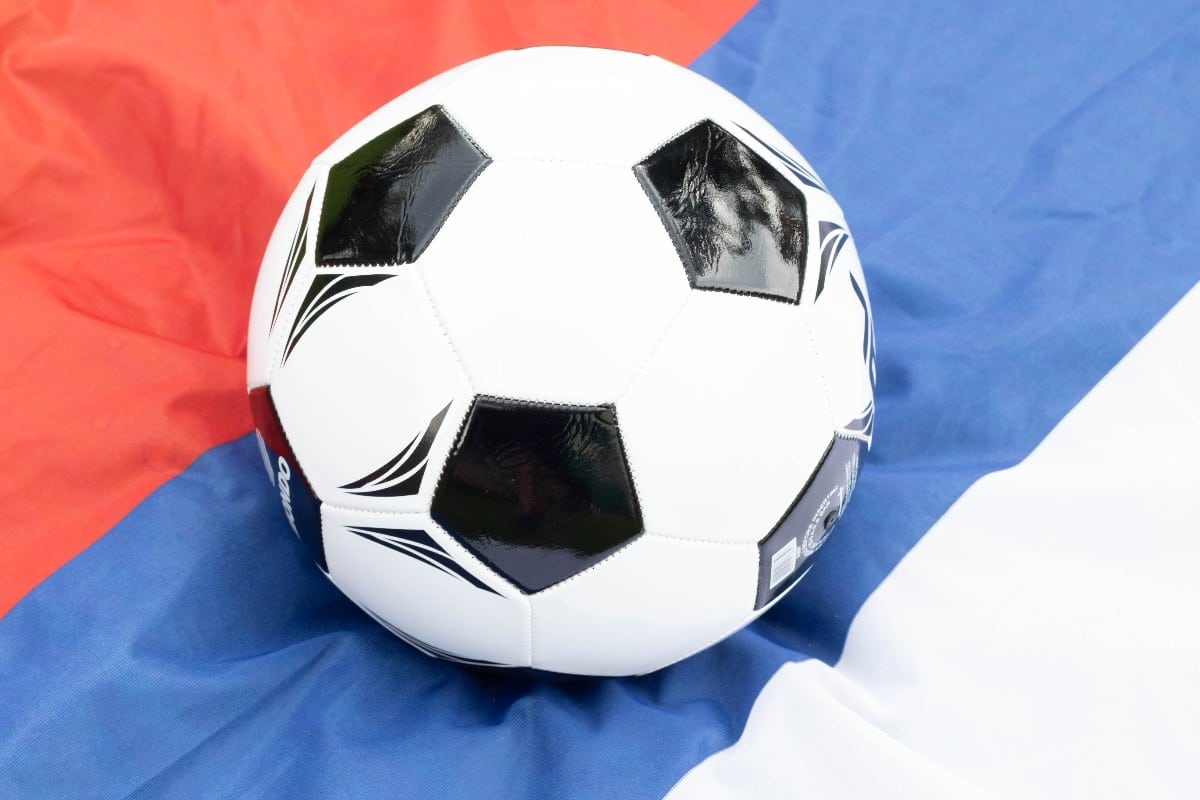 Image courtesy of wuestenigel
Image courtesy of wuestenigel
The World Cup: All Fun and Games, But Not for Russia
Spirits in Russia are higher than ever following Russia’s surprise victory over Spain in the World Cup on Sunday, July 1st. That evening, soccer fans gathered for a late-night party in the streets of Moscow in a rare showing of camaraderie amidst the suspended anti-assembly regulations. In fact, such regulations in the Russian capital have proven to be significantly more lenient than usual throughout the past few weeks. A Russian soccer fan, Aleksandr Yerofeyev, even stated, “When it comes to politics, it’s banned. When it comes to soccer it’s allowed,” referring to the massive celebration.
The World Cup is about much more than fun and games to Russia, with President Vladimir Putin using the tournament to distract from his controversial actions and improve Russia’s reputation on the world stage. Amidst the hustle and bustle of the Cup, Putin has begun rolling out a new pension plan which will increase the age of retirement. This plan is unpopular but necessary due to economic stagnation caused by sanctions. Introducing this new legislation during the World Cup was likely a strategic choice, as the excitement around the Cup is distracting many who would otherwise protest the pension plan changes.
President Putin has also used the World Cup as a means for improving Russia’s less-than-stellar international reputation. Putin’s government devoted years to bidding for the World Cup, and it has invested so much time and money into the tournament that it has been deemed the most expensive World Cup in history. The Kremlin has temporarily lifted many of the typical regulations, such as the anti-assembly laws, for the entirety of the cup so that visitors and foreign journalists see the country and the Kremlin in a more positive light.
It seems that many people have already taken notice of Putin’s efforts. US President Donald Trump has publicly praised the tournament, saying that Russia was “doing a fantastic job with the World Cup right now.” Several foreign visitors have also started to question the way Russia is commonly portrayed in the media, with one English fan tweeting, “Back from 2 weeks in Russia alive. I wasn’t attacked by blood thirsty hooligans, I wasn’t eaten by a bear & I haven’t been poisoned or killed. The British media should be ashamed of themselves for their clear propaganda against the Russian people. Absolutely class country.”
While so far Putin seems to have succeeded in distracting from his controversial actions and improving Russia’s reputation, it is likely that the positive effects of the World Cup will not last long after the final match. Russia experienced a very similar phenomenon in 2014. The Kremlin devoted years to winning and hosting the 2014 Winter Olympics in Sochi, which also happened to be the most expensive Olympic games in history. However, four days after the closing ceremonies, Putin sent Russian special forces in unmarked uniforms into the Crimean Peninsula. In fact, Putin was reportedly planning Russia’s illegal annexation of Crimea while the Olympics were still in full swing.
Even if Russia does not orchestrate an event as significant as the invasion of Crimea, it is more than likely that President Putin will do something controversial in the very near future. With Russian troops still occupying Ukraine, the Russian military deeply involved in the Syrian conflict, Putin’s meeting with Israeli President Benjamin Netanyahu next week, and the fast-approaching Trump-Putin summit, Putin needs to make only one wrong move before Russia’s reputation takes a huge hit. The US and its allies should not be fooled by the façade that Putin has created for the sake of the World Cup. We need to continue to keep a close eye on Russia, as the period following the Cup is the most likely time for the Kremlin to take decisive action.





